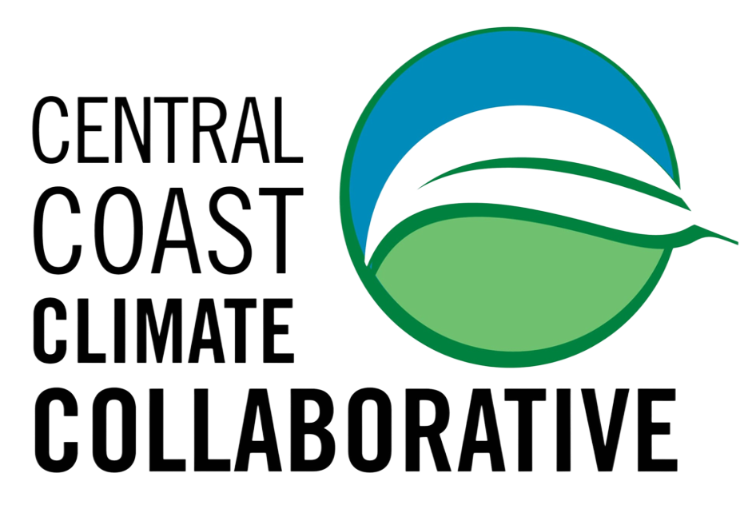Community Resilience Hubs Resource Library
This Resource Library contains a regionally tailored set of tools, toolkits, guides, templates, samples, websites, and informational resources to support your efforts to develop a Community Resilience Hub. Each resource is tagged by its type and Toolkit module to help you easily find resources aligned with the step of the planning process you’re currently focused on. If you have any questions, encounter any technical issues, or have recommendations for additional resources to feature in this library, please contact us.
